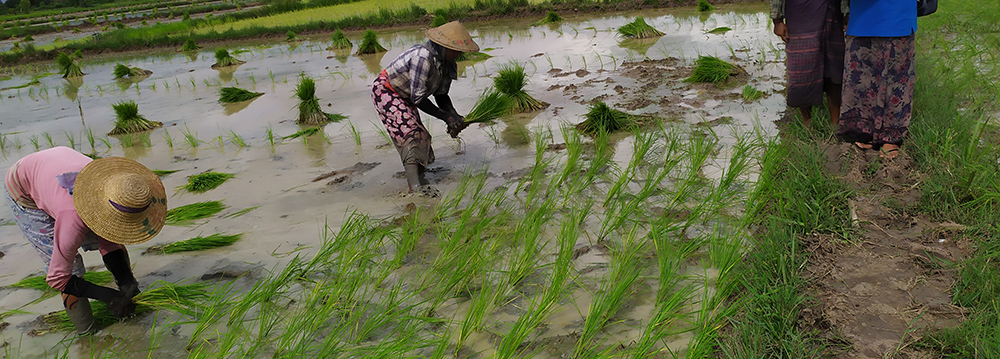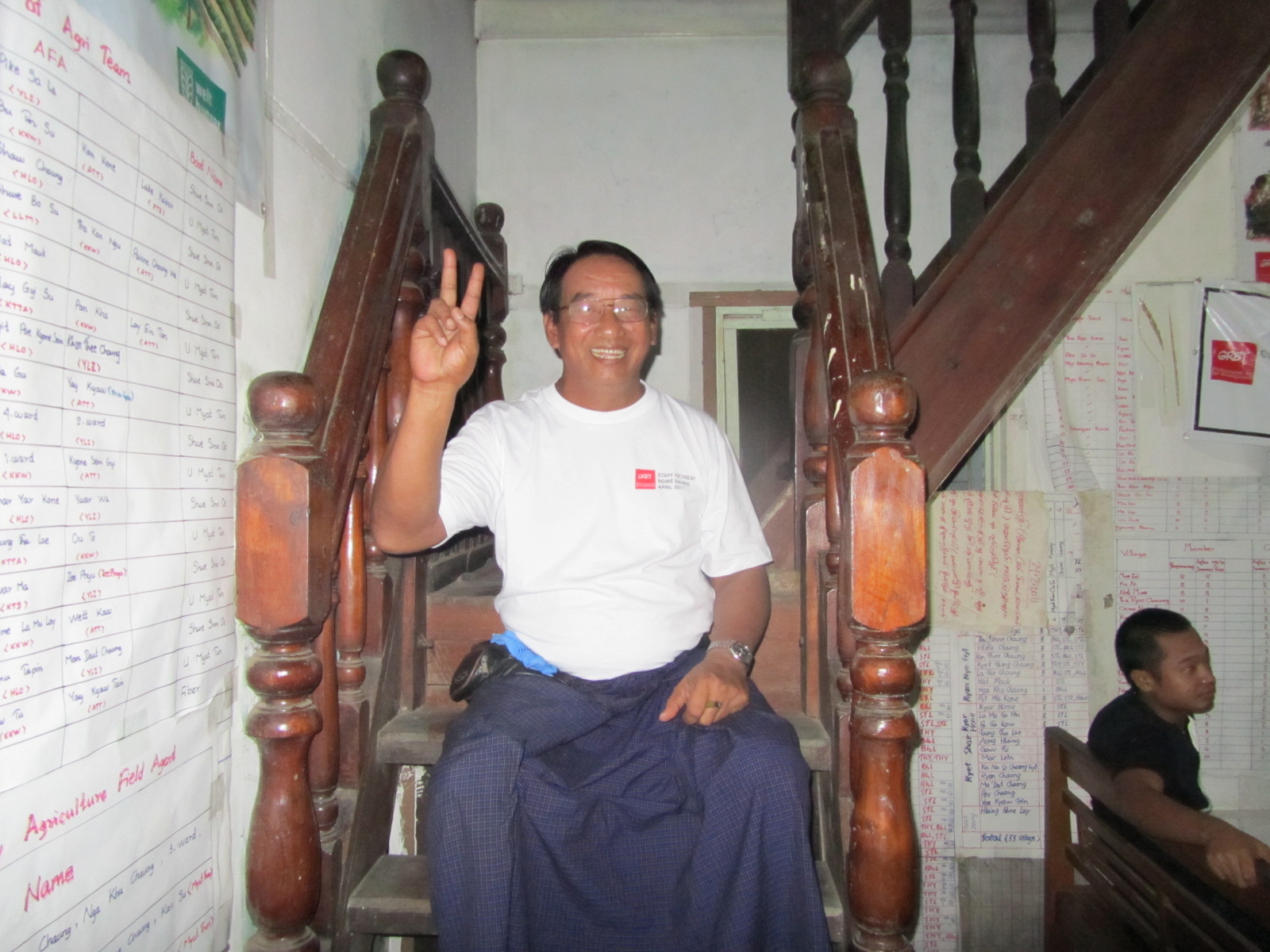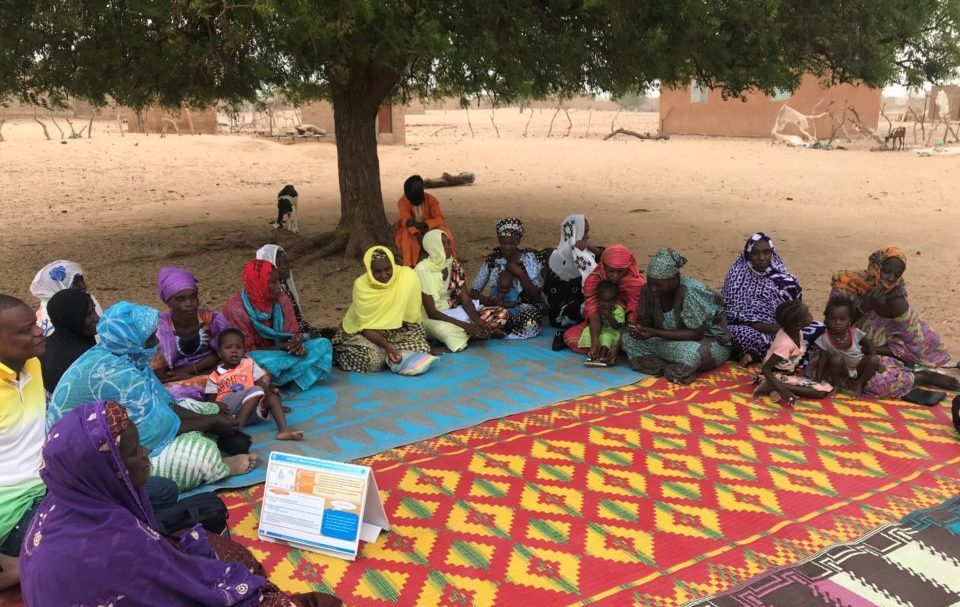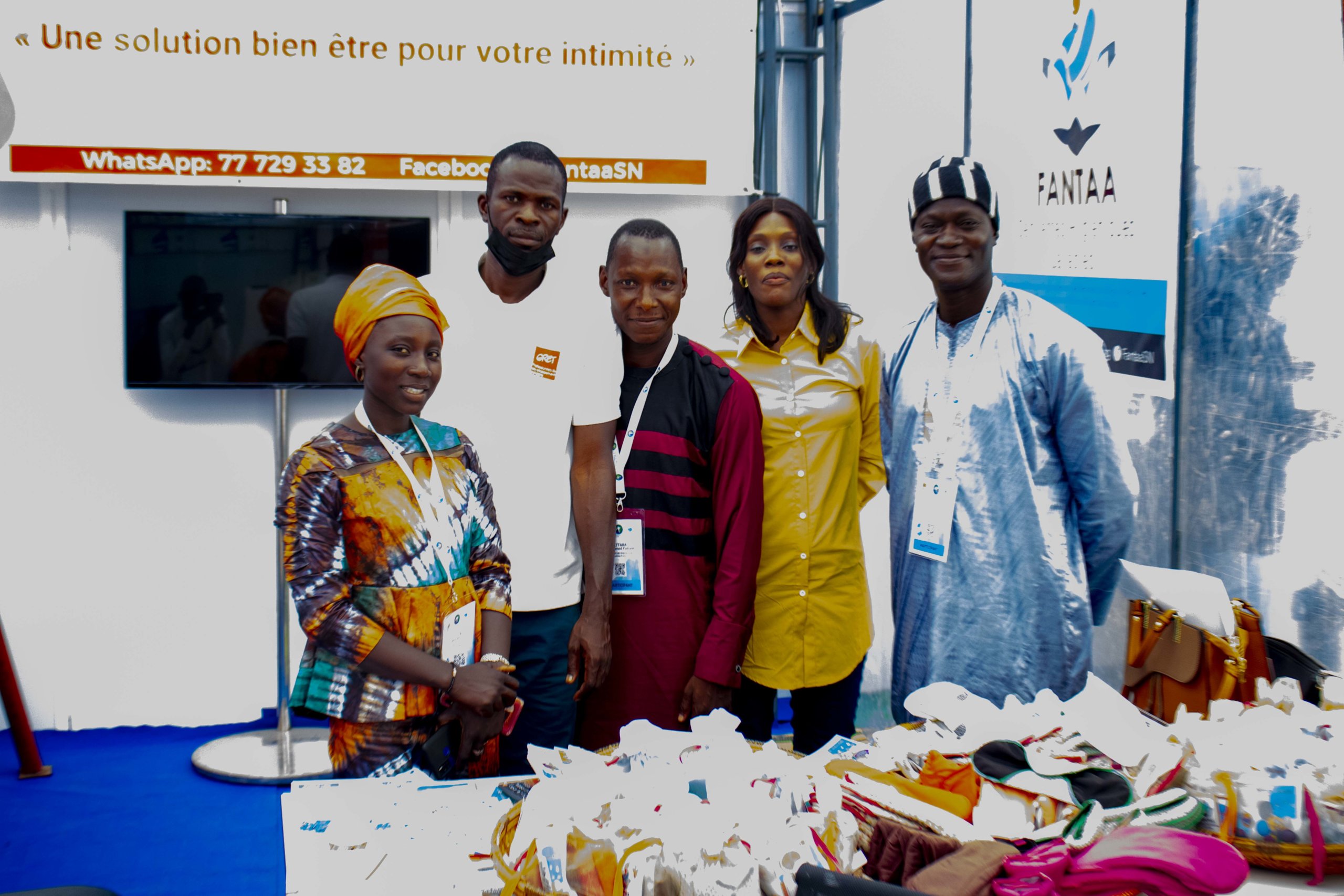Since 1995, GRET has been working to improve financial inclusion in Myanmar, supporting microfinance projects to become institutionalised as social businesses, firstly in Chin State and then in the Sagaing Region. The sustainability of these projects was ensured at the end of 2017, with the official transfer of GRET’s shares and activities to the Thitsar Ooyin Company Limited social business. Actively engaged in the institution’s governance, GRET is continuing its support for strategic and organisational aspects, as well as for risk management.
As soon as the Covid-19 pandemic broke out, the Thitsar Ooyin microfinance institution demonstrated its flexibility and capacity to adapt by developing and implementing a contingency plan, including a detailed health and safety protocol complying with the recommendations of the World Health Organisation (WHO) and of the Myanmar Ministry of Health.
Rapid reaction benefitting vulnerable communities
Priority was given to protecting customers and employees by applying protective measures (masks, handwashing, hand gels) and disseminating messages on prevention. In operational and financial terms, loan activities were adapted to limitations on collective meetings; a repayment rescheduling policy taking account of customers’ financial difficulties and the development of stress tests were implemented to anticipate evolutions in terms of budgets and liquidity related to this crisis.
Having had to deal with a one-month moratorium imposed by the public financial regulation body in April, the institution managed late repayments progressively and in line with the gradual economic recovery of its members. Over the last six months, Thitsar Ooyin paid out 3.2 million euros in 14,000 new loans, responding to the needs of families affected by the crisis, particularly for customers under the age of 35, who represent 25 % of its clients. Despite the health crisis, the institution ended the 2019-2020 financial year having covered 33,700 households, 80 % of whom are women, mainly in rural areas. Thitsar Ooyin also contributed to the government’s Economic Recovery Plan by paying out subsidised loans to 122 small businesses, in particular restaurants and cafés.
Proof of the organisation’s sustainability
A number of factors enabled Thitsar Ooyin to overcome the unexpected effects of the Covid-19 pandemic and to maintain sound financial health. Firstly, the Thitsar Ooyin team, led by its managing directors, managed to maintain close weekly contact with communities, making it possible to better identify the impacts of the crisis in all the villages where it operates. The institution’s resilient model, based on the presence in each village of a credit committee made up of three members nominated and selected by and among customers, made it possible during the crisis – and still today – to analyse the situation in each village on a case-by-case basis. In addition, the management board was particularly supportive of the management team, assisting with the organisation of weekly meetings at the height of the crisis in order to guide the institution on actions to be conducted to address the situation. Lastly, Thitsar Ooyin’s financial partners were very available and attentive to the institution’s requests, in order to understand the context and best support its operations in this period of crisis.
“Apart from our role as a lender, our teams and our institution yet again demonstrated their commitment to the rural communities they support, by sharing best health practices and distributing protective equipment in every village”, says Win Naing, managing director of Thitsar Ooyin in the Sagaing region. “Our teams participated wholeheartedly in the Ngwe Bike programme, identifying more than 3,000 pregnant women in the Sagaing region and enabling each of these women to benefit from a 30,000 MMK (19 euros) grant. With more than 90 million MMK (58,000 euros) distributed via this programme, Thitsar Ooyin is the microfinance institution that contributed to the highest number of subscriptions to the social protection programme in our region of operation!”, says Win Naing.
Because of its social objective, Thitsar Ooyin is – and will remain – particularly attentive to maintaining the balance between protection of its customers and financial sustainability of the organisation. This worldwide crisis is making it possible to test the institution’s capacity to fulfil its role in a sustainable and resilient manner.








